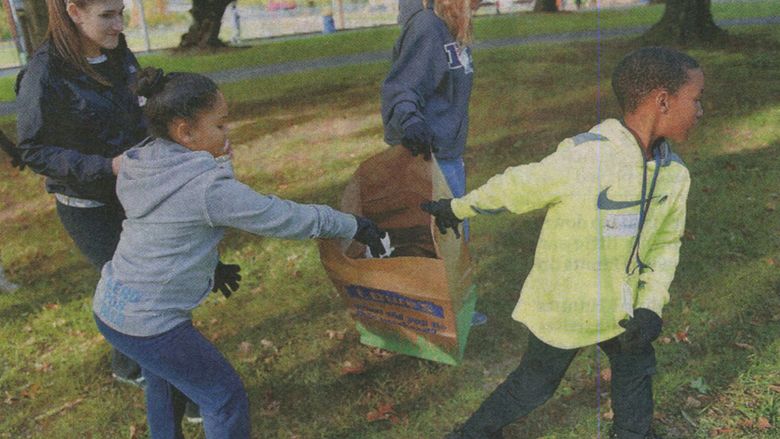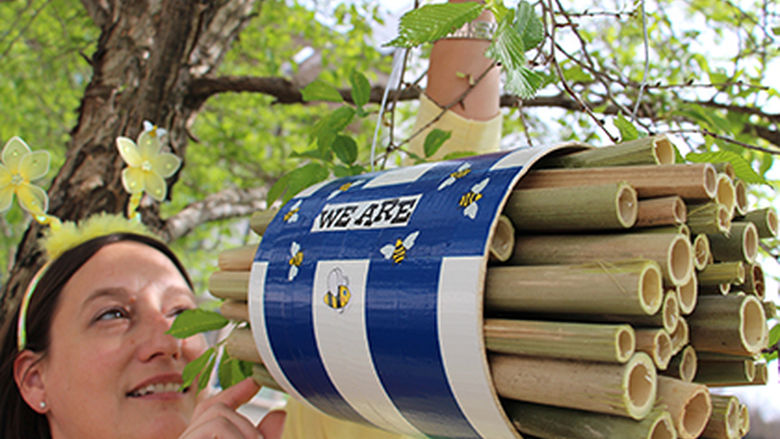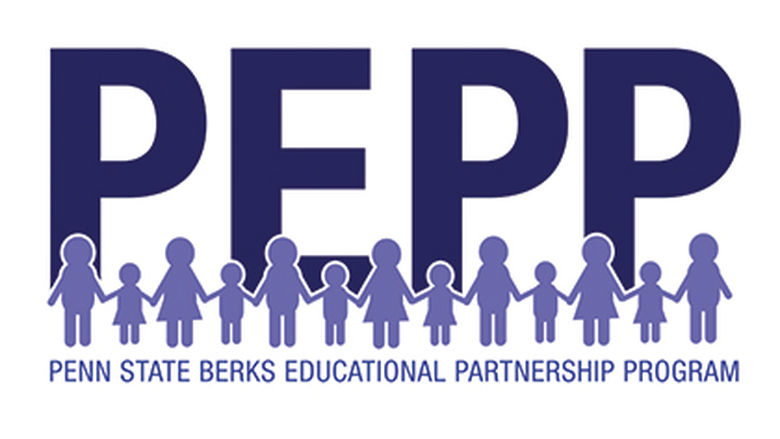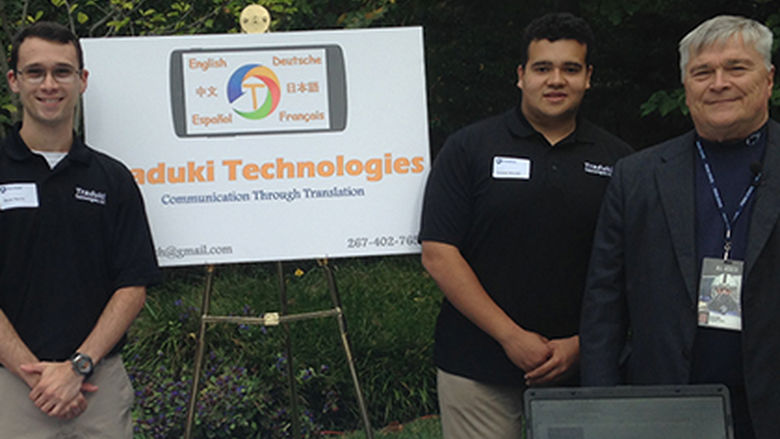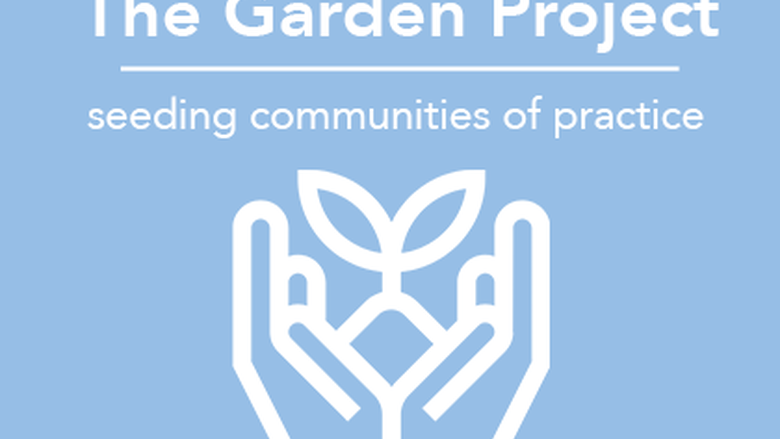
The pop-up playground will include cardboard boxes, sheets and art supplies, giving children the chance to put their imaginations to work while also building cognitive and social skills.
READING, Pa. — On Saturday, Nov. 9, Penn State rehabilitation and human services students will transform the Reading Recreation Commission, located at 320 S. Third St., into a pop-up playground for children ages 5-12 in the city of Reading. The event will be held from 2-5 p.m. and is free and open to the public. In addition, children will receive a free bagged lunch.
Meghan Owenz, assistant teaching professor of rehabilitation and human services at Penn State Berks, will lead a group of students in creating the pop-up playground, which will include cardboard boxes, sheets and art supplies. Children will have an opportunity to put their imaginations to work building planes, ships or forts — as well as cognitive and social skills.
The goals of the initiative are to give children in the city of Reading a true ‘free play’ experience and to provide rehabilitation and human services majors an opportunity to create, facilitate and analyze a play experience.
The event is an embedded service-learning requirement for the rehabilitation and human services course "Children and Families in Human Services." The pop-up playground will be coordinated and run entirely by the 22 students enrolled in the course: 15 from Penn State Berks and seven from other Penn State campuses.
“Through the course, rehabilitation and human services students have learned all about the incredible benefits of play and how to properly facilitate true play,” Owenz said. “We wanted our students, who are learning about how to properly support children and families, to have an opportunity to create a unique play-based experience for children.”
Owenz went on to state that children have lost roughly 12 hours of free play per week since the 1980s, and with advancing technology and increasing screen time, play time continues to diminish. She also said that the American Academy of Pediatrics released a statement on play in 2018 that emphasized the social, cognitive and stress-relieving effects of play for children, urging pediatricians to begin prescribing it at office visits.
This event was made possible by the Howard O. and Jean Beaver Endowment for Community Service from Penn State Berks, a Teaching Transformation and Innovation grant from the Penn State Schreyer Institute for Teaching Excellence, and a sponsorship from Makedo Cardboard Construction.
For additional information, contact Owenz at MUO70@psu.edu.
